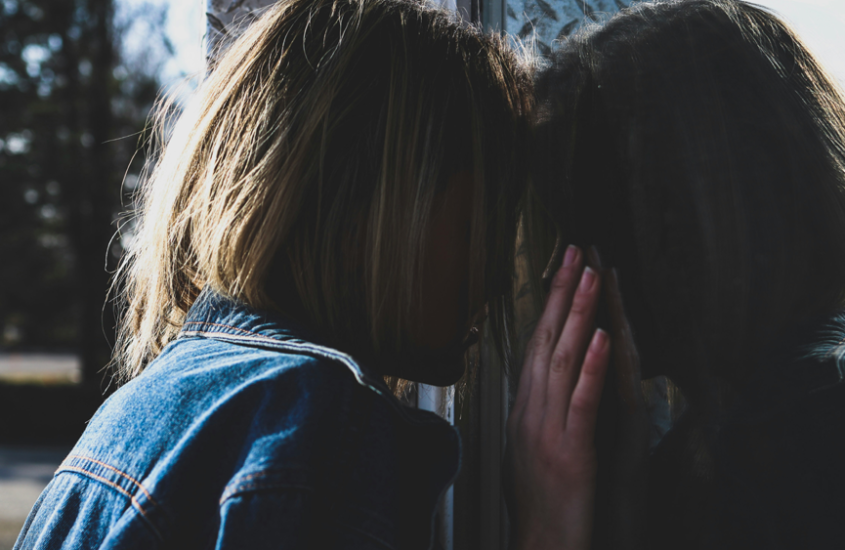How Does Emotional Mistreatment in Childhood Lead to Social Anxiety?

Emotional mistreatment takes many forms. Neglect. Abuse. The invalidation of one’s feelings and needs. In childhood, we’re especially vulnerable to this sort of mistreatment. It shapes our perception of how others may see us and how comfortable we feel later in life. Children who suffer emotional abuse during childhood often grow up to feel insecure, uncertain, and ashamed of themselves. Naturally, they may find it difficult to navigate social situations, which they have learned from childhood to view as potentially dangerous.
In today’s article, we’ll explore the link between emotional mistreatment in childhood and social anxiety.
Understanding Emotional Mistreatment
Children who grow up dealing with emotional mistreatment may struggle to recognize its impact on their lives. Where physical abuse may leave visible scars, emotional mistreatment and abuse leave wounds that influence our patterns of behavior, as well as the way we see the world around us. Think of this as an extension of the natural human survival mechanism. When a child grows up surrounded by danger — physical or emotional — they learn to adapt. Accordingly, many of our behaviors as adults can be understood as defense mechanisms caused by our childhood experiences.
Most often, emotional mistreatment consists of:
- Criticism and bullying
- Emotional and physical neglect
- Public humiliation
- Emotional invalidation
- Restricted access to friends and social support
- Abandonment by caretakers
- Unpredictable outbursts and mood swings in caretakers
Even something as simple as rolling one’s eyes can make a person doubt their own feelings and self-worth.
How Does Emotional Mistreatment Impact Us?
Isolation
One of the simplest and best ways to deal with something dangerous is to avoid it. When you suffer from emotional mistreatment as a child, it often results in a tendency toward isolation and avoidance. If you don’t say anything, it can’t be misinterpreted. If you avoid people, they can’t treat you poorly.
While limiting social interaction may start as a form of self-defense, it also has drawbacks. Over time, you may begin to feel cut off from others — unable to connect even when you desire to do so. In addition, lack of social experience can exacerbate anxiety, making social interactions a source of dread.
Hypervigilance
If you were subjected to emotional mistreatment as a child, you may find yourself living life on high alert as an adult. Children who grow up with unpredictable or temperamental caregivers learn to look for signs that something is amiss. Learning early on that an explosion can happen at any time and for almost any reason makes it difficult to relax. As a result, those children develop into adults who are always looking for signs of rejection, betrayal, and conflict, making social interaction feel fraught with danger.
Self-Doubt
Often, emotional mistreatment takes the form of emotional invalidation — where a child’s attempts to express needs are dismissed, rejected, and/or judged negatively. Children growing up in such an environment often question themselves later in life. Frequently, they may look at themselves as being broken in some way or having needs and feelings as being weak or wrong. In this case, social anxiety comes in the form of difficulty expressing needs, setting boundaries, and knowing one’s self-worth.
Emotional Dysregulation
The more we ignore our emotions and push them down, the harder they become to understand and manage. In many ways, regulating our emotions — including anxiety — is a skill that must be learned and practiced. If we think of anxiety as an alarm bell going off, it’s easier to understand that the more we try to ignore it, the louder it gets. Anxiety becomes familiar, and our body learns to push that button more and more frequently.
Counseling
For many, the social anxiety we feel is a direct result of our childhood experiences, which have far-reaching effects on our day-to-day lives as adults. Thankfully, we are capable of healing these wounds and learning to see the world in a fresh, new light. Therapy can help you on this journey — we hope to hear from you soon.




